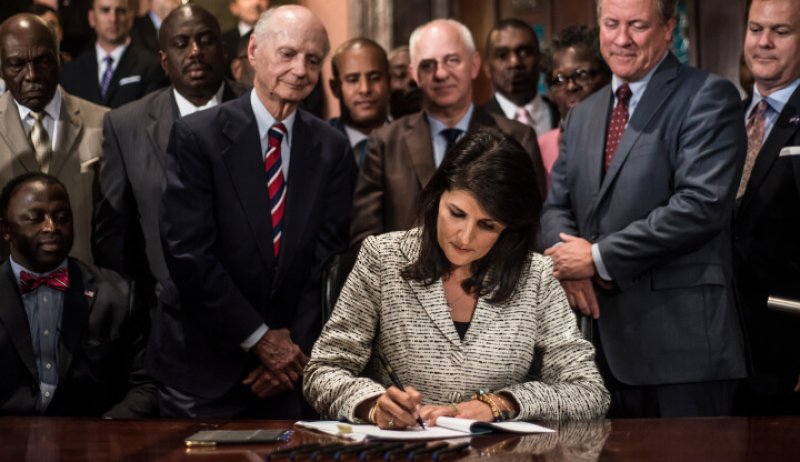Editor’s note: This article discusses the International Agency (IARC) for Research on Cancer, a sub-group of the World Health Organization. IARC has come under fire for deeming the popular herbicide glyphosate ‘probably carcinogenic’ in a 2015 report. Several regulatory agencies (such as the EPA in the US) around the world have since produced their own reports that have determined the herbicide is safe.
During her confirmation hearing to be ambassador to the United Nations, South Carolina Gov. Nikki Haley put the United Nations on notice that the days of being unaccountable to its top funder are over. “When we look at the United Nations, we see a checkered history … any honest assessment finds an institution that is often at odds with the American national interest and American taxpayers,” she said.
One [international agency] in the crosshairs is the International Agency for Research on Cancer (IARC), which is under the purview of the United Nation’s World Health Organization. Congress is investigating why taxpayers continue to fund this France-based agency that’s been accused of stonewalling conflicts of interest and using shoddy science to promote a politically motivated agenda.
In fact, the IARC has lost so much credibility over the last few years that a group of prominent toxicologists recently accused it of causing “unnecessary health scares and unnecessary diversion of public funds.”
House Oversight and Government Reform Committee Chairman Jason Chaffetz (R-Utah) said the IARC has a “record of controversy, retractions, and inconsistencies” and asked why the National Institutes of Health has spent $40 million since 1992 to fund it.
Some congressional leaders also want to know if federal employees collaborated with the IARC on the dubious report.
The GLP aggregated and excerpted this blog/article to reflect the diversity of news, opinion, and analysis. Read full, original post: Congress should investigate cancer collusion































